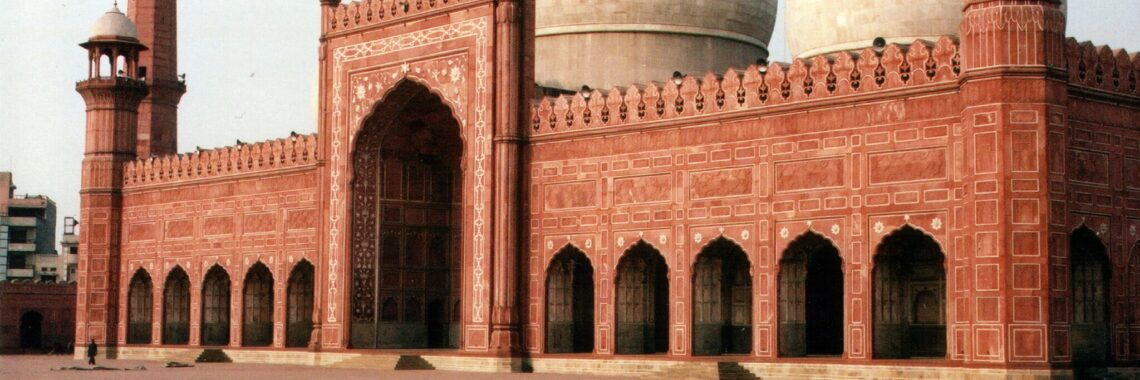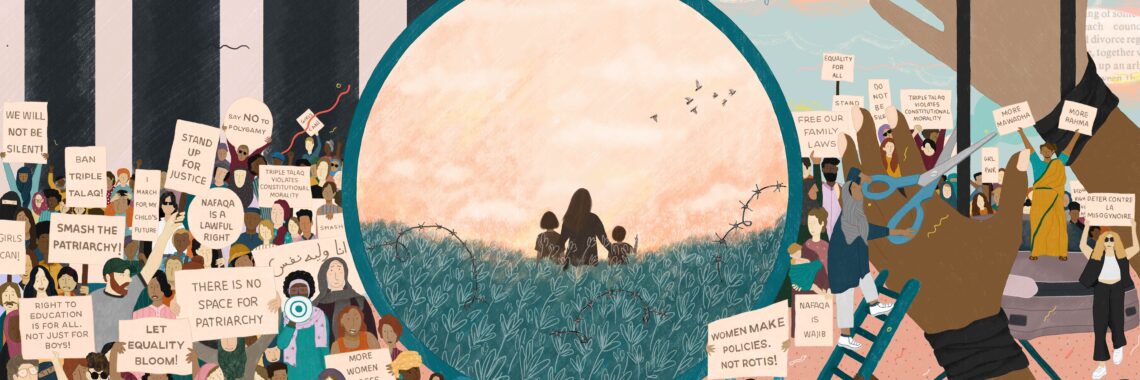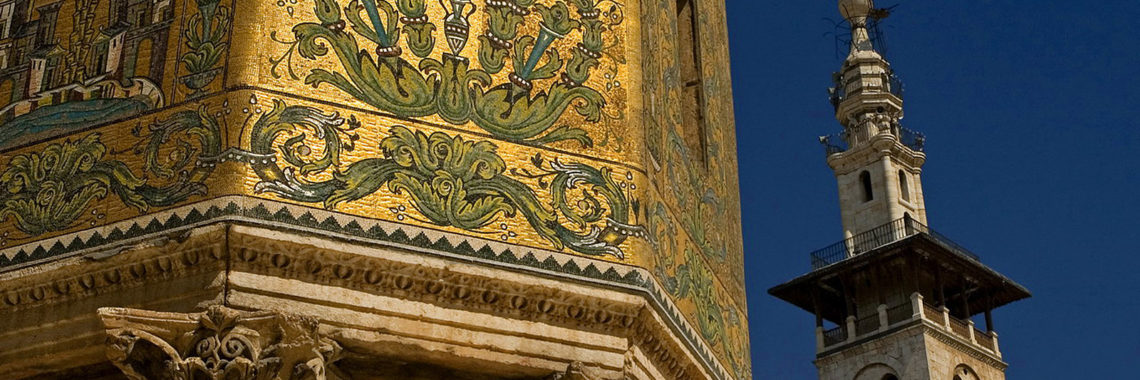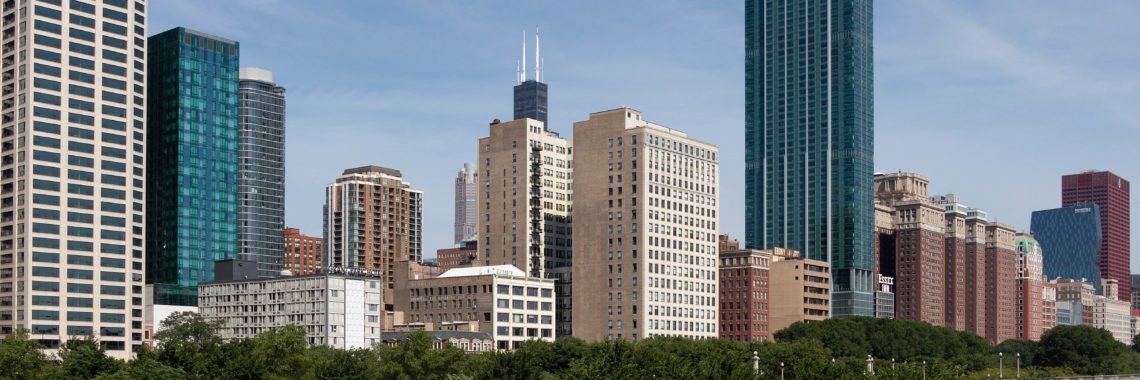“Defining a Muslim; The Case of Pakistan and its Ahmadis” by Yasser Latif Hamdani
Main chamber of Badshahi Mosque by User:Amjad.m (CC BY-SA 3.0) On January 16th, 2025, the government of Punjab, Pakistan’s most populous province, demolished a historic Ahmadi mosque in the city of Daska. This mosque was built by Zafrullah Khan (1893-1985), Pakistan’s first foreign minister and one of the founding fathers of the country. This is…











